The Missing Link in B2B Content Marketing
Sometime in the last 20 years, content marketing has become the backbone of digital marketing strategy, especially in a B2B universe.
And that’s for good reason. Content–basically everything we produce as marketers these days–is the vehicle for telling our story to the world and helping our audiences get to know our brand.
The futurist Ze Frank defines brand as the “emotional aftertaste” we leave with people about our company. And if content is what we’re always consuming, it’s the means by which that emotional aftertaste is delivered.
So why is it that so many marketers struggle to get content marketing right?
B2B Content Marketing Isn’t (Just) a Campaign
We marketers have been trained to execute campaigns and call all the campaigns together a “strategy.”
With tenures for CMOs shorter than they should be, the constant press for measurable results and metrics is part of that problem. Measurement can and should be a cornerstone of marketing, but it’s how we define success that gets us stuck.
In the B2B world, you can’t swing a stick without hitting mentions of leads and demand generation and customer acquisition on the scorecard. But those are not the sum total of the things that mean marketing is “working.”
That’s because, despite our pervasive diagrams, marketing isn’t a funnel. It’s not a linear journey either based on personas that we, as marketers, have designed.
Marketing is an ecosystem. A messy, living, breathing, complex map of meandering pathways, powered by humans that have multiple dimensions.
That simple truth is what trips up so many marketers. We’re expecting people to move neatly from one step on the path to the next, and we create content accordingly.
But humans don’t work that way.
Earning the Right to Capture a Lead
The rise of inbound marketing as a discipline has somehow left us with the idea that every piece of content is priceless, eminently valuable, and chock full of our best stuff so we believe it’s imperative that we park it behind a lead form and ask for people’s personal contact information to access it.
Putting our consumer/buyer hat on for a moment, ask yourself what you think when you fill out a form on a site in order to access an ebook or a report? Something like, “Uh oh, I better use a throwaway email or not put my real phone number in because I want to read this, but I do NOT want to be called by a sales rep.”
Why do we forget this when we have our marketing hat on?
According to research from CEB, nearly 60 percent of a B2B purchase decision is made before a prospect ever deliberately makes contact with a sales representative. That means we’re spending more than half of that marketing journey we’re so in love with doing research, finding information, and getting to know the brands with which we may want to work.
In that first half of that process, it’s up to us as marketers to earn the right to ask for contact information. We’re wasting a precious opportunity to provide marketing air cover through great content and establish our company and brand as one who values the process of getting to know one another, sharing knowledge, and conversing for a short while before we exchange phone numbers.
Feeding the Ecosystem
We have to stop treating B2B content marketing as solely a vehicle to capture leads.
If we treat marketing as an ecosystem and know that our prospects and influencers and customers are meandering back and forth along many different paths with us in the early part of our relationship, we can think of so many more reasons to develop and share content free and clear. Here are just a few:
-
Sharing knowledge and expertise in an industry to build authority
-
Building trust and familiarity with people who don’t quite know us yet
-
Letting people see our personality and values before we sell anything
-
Helping our potential customers be better at their jobs
-
Creating mechanisms for dialogue, input, and feedback to make us better
None of those get tracked through a lead form.
Today, content is marketing. It’s everything we do, from the first impressions we have with an audience all the way through the experiences we give our customers after they’ve been with us for 20 years. Content is the nerve center of a modern marketing organization.
But our missing link is still the idea that content marketing is not an event, but a philosophy. It’s a promise we’re making to ourselves and to the market that we’re going to contribute to something bigger, to a more meaningful, more valuable conversation. And that we know it’s our job to earn and establish trust before we ask for anything at all.
The future of content marketing is big and bright, but it’s up to us to help it realize its full potential. Let’s raise the bar, broaden our minds, and really and truly get this right.
